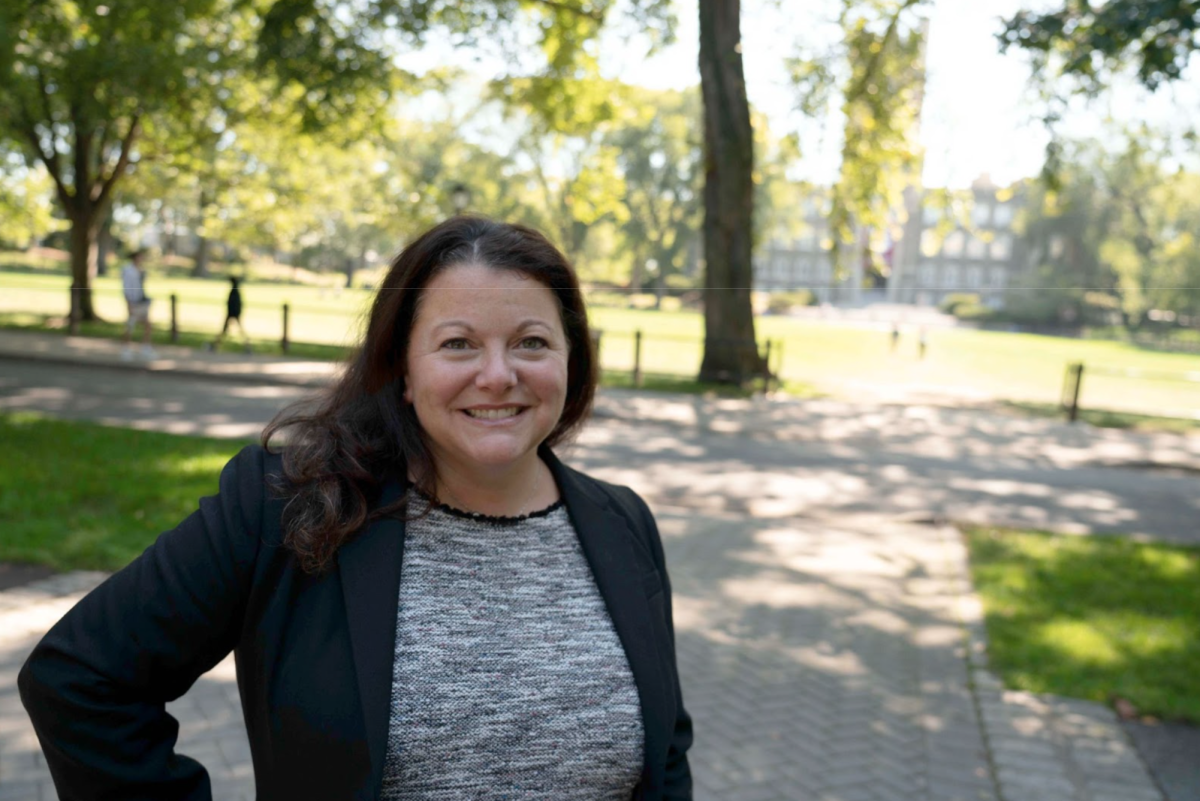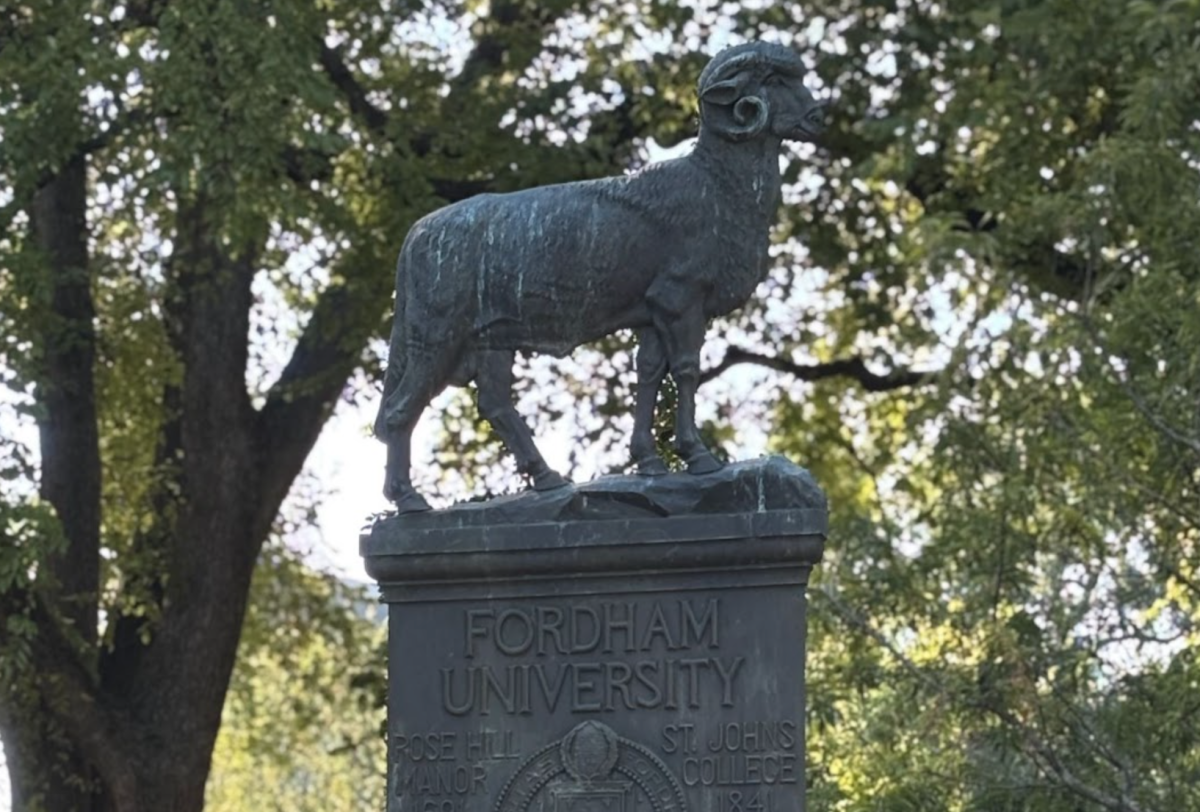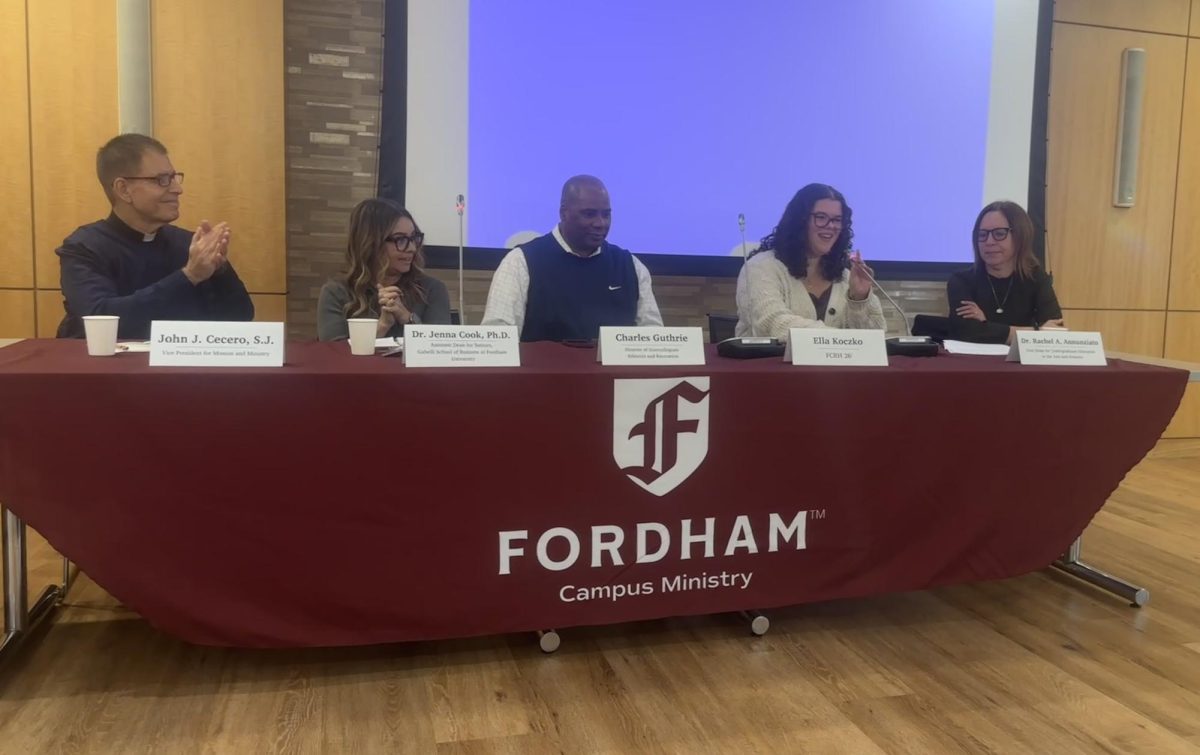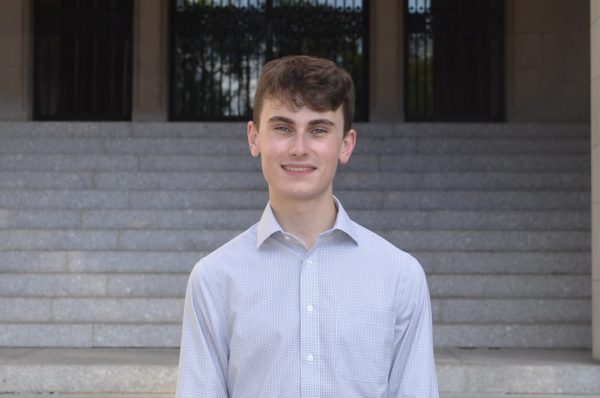The Graduate School of Religion and Religious Education (GRE) ended operations on Aug. 15. Two degrees and three advanced certifications have been moved to the Graduate School of Education (GSE).
All current GRE students who are in good academic standing by maintaining a 3.0 GPA will be eligible to complete their academic programs through GSE. The GRE faculty have also been relocated to GSE. Cited reasons for the closure include low salaries for ministry professions and declining enrollment, which have led to financial challenges for the school, according to Francis McAloon, S.J., acting dean of GRE.
McAloon shared his thoughts on the closure. “It is fair to say that since the pandemic, the university’s supplement to GRE [has] increased,” he said in an email. “Before [the] pandemic, the university’s support remained constant and limited.”
McAloon noted that the shrinking of the GRE is challenging for a Jesuit university. While two degrees in Christian spirituality were transferred to GSE, some programs were closed.
“There is hope that in the next couple of years, we may be able to reopen the MA [Master of Arts] in Religious Education and the MA [Master of Arts] in Pastoral Studies,” he said.
According to McAloon, no GRE faculty were asked to leave the university, and all were granted positions within GSE.
The Faculty Senate, Fordham University’s elected representative body of university faculty, convened on March 28 to discuss the integration of the GRE. According to the integration proposal provided by University Provost Dennis Jacobs at the meeting, teachout plans will be provided to GRE students whose programs will not continue into GSE.
A special meeting of the Faculty Senate was called on April 4. The senate expressed a “deep concern about the University Administration’s de facto closure of the Graduate School of Religion and Religious Education” without sufficiently consulting faculty. According to the meeting’s resolution statement, “GRE faculty [should] be assured of the integrity of their tenure and receive adequate material support to continue their important work.”
The final resolution read “THEREFORE, be it resolved that the Senate expresses deep concern about the University Administration’s de facto closure of GRE, without appropriate consultation with the GRE faculty or the Faculty Senate, in violation of University Statutes.” The senate declared integration was not recognized under University Statutes and has called on the administration to provide adequate resources to GSE faculty during the merger.
One senator noted how challenging the process has been for the GRE faculty. According to Faculty Senate minutes 526, the senator noted, “the process gives the strong impression of having proceeded with the intention to cause tenured faculty to leave Fordham, and to weaken tenure protections at the University.”
Jacobs followed up by saying his office “stands ready to support a successful transition for every faculty member when there is a fit for all involved: the sending unit, the receiving unit and the faculty member.” He also does not anticipate that any currently tenured GRE faculty member will lose employment with the university. Jacobs refers to this integration as a “merger,” where faculty and select programs will be transferred from GRE to GSE.
According to Jacobs, an informal discussion occurred amongst two GSE divisions to establish a fourth wing of GSE to house GRE.
“The same depth of collaboration with GSE would not happen if GRE came in as a 4th division,” he said. Jacobs also noted the Center for Catholic School Leadership and Faith-Based Education already serves as a fourth branch of GSE.
This center will house Christian Spirituality programs previously held by GRE. Some programs will be merged into existing programs, such as the Doctorate of Ministry program, which will be housed under the Educational Leadership, Administration and Policy branch of GSE. According to the senate minutes, these programs “mutually reinforce each other around the theme of leadership.”
According to the minutes, the university administration announced the cancellation of future enrollments for GRE students and publicly announced the school’s closure. A faculty senate member said this was done without assuring GRE faculty were educated on these issues, according to the minutes.
“In spring 2025, the faculty of the Graduate School of Religion and Religious Education (GRE) and the Graduate School of Education (GSE) voted in support of the proposal to integrate GRE into GSE,” said Jacobs in an email statement to The Fordham Ram. “The Board of Trustees unanimously approved the proposal in April 2025, marking the beginning of a new chapter for Fordham’s academic offerings in Christian spirituality, ministry, religious education, & counseling.” Jacobs looks forward to the acceleration of GSE in the near future.













































































































































































































